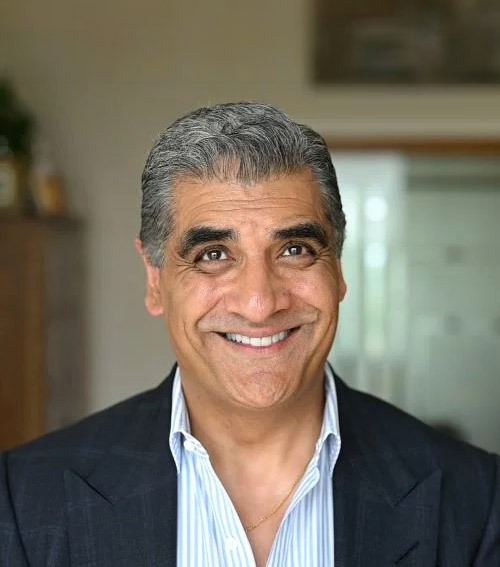Atrial Fibrillation Video Series: Day Two
You’re Not Alone – How Common Is AF and Who Gets It?
In our last email, we introduced atrial fibrillation (AF) and what it means. Now, let’s put things into perspective: just how common is AF, and who can develop it? The short answer is that AF is one of the most common heart rhythm disturbances worldwide. Over a million people in the UK alone have been diagnosed with AF, and millions more are affected globally. So if you have AF, you’re certainly not alone – many others are going through the same thing, including some very healthy people you’d never suspect.
Who gets AF? While AF can happen to almost anyone, it becomes more common as we get older. It’s often seen in people over 60 or 70, but younger adults can develop it too. In fact, about 1 in 4 people will develop AF in their lifetime. Certain factors can make AF more likely:
- Age: Getting older increases your risk.
- High blood pressure: A history of hypertension can strain your heart.
- Heart conditions: Prior heart attacks, valve problems, or heart failure can predispose you to AF.
- Other medical issues: An overactive thyroid, sleep apnea, obesity, or diabetes can contribute.
- Lifestyle factors: Excessive alcohol consumption (“holiday heart syndrome”) or intense stress can trigger AF in some people.
- Family history: Sometimes AF runs in families, suggesting a genetic component.
It’s important to note that even healthy individuals can get AF. Athletes, for example, sometimes develop AF (often called “lone AF” when it occurs without other heart disease). So, having AF is not a moral failing or necessarily due to something you did wrong. It’s a medical condition, and it’s more common than people think.
The take-home message: AF does not discriminate – it affects men and women, young and old, the very fit and those with health challenges. Understanding that it’s common can be reassuring. It means we have lots of experience managing it, and a wealth of research is dedicated to it.
Coming up next: We’ll talk about how AF actually feels – the symptoms and how it can affect daily life. This will help you recognize AF and understand what others experience too.



